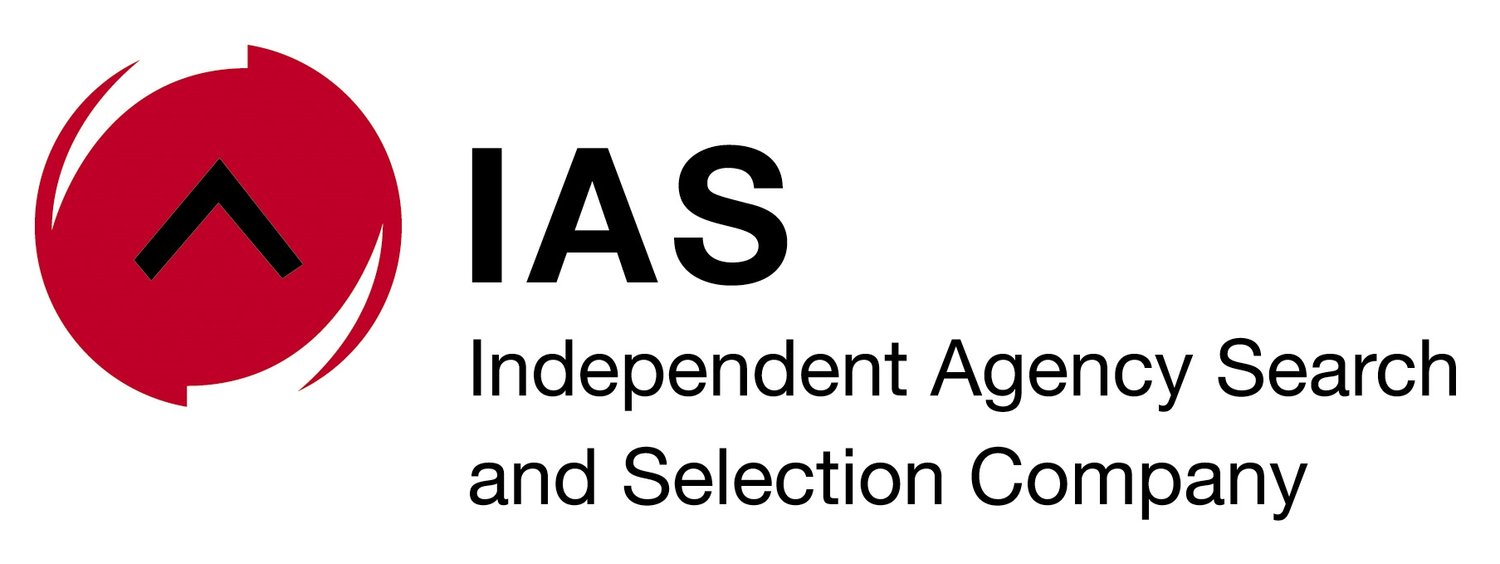“Good artists borrow, great artists steal.” This provocative quote, often attributed to Pablo Picasso, suggests that all creativity is derivative. But does that mean it’s acceptable for advertisers to lift ideas from agencies during the pitch process? The controversy over idea theft in advertising is as old as pitching itself.
For as long as the pitch process has existed, agencies have accused advertisers of taking their creative concepts without compensation. The scenario is all too familiar: an agency presents its best ideas, loses the pitch, and later sees strikingly similar creative work appear in the winning campaign. Is this theft — or just creative déjà vu?
Johanna McDowell, CEO of the Independent Agency Search & Selection Company (IAS), believes that outright idea theft is uncommon in the South African market. “In the rare instance it does occur, I don’t think it’s deliberate,” she explains. “Non-intermediated pitches can be chaotic. As clients move from agency to agency, absorbing numerous ideas, confusion can arise, increasing the risk of unintended overlap.”
Advocating for professional mediation in the pitch process, she says intermediaries help ensure that ideas aren’t lost in translation — or worse, unintentionally transferred in translation.
“Advertisers typically don’t request pitches with the intention of stockpiling ideas for later use. Big pitches can elicit excitement, but they can also be overwhelming. When multiple agencies are pitching, marketers may subconsciously retain elements from different presentations without realising their origins,” says McDowell.
She warns that problems arise when pitches lack structure, with marketers potentially struggling to remember which agency presented what.
“Once an agency is selected, advertisers may unintentionally incorporate elements from competing pitches, not as an act of theft but as a consequence of an unstructured selection process,” she says.
If an agency has ever encountered a case of pitch-inspired déjà vu, it should act as a wake-up call for them to safeguard their intellectual property (IP), says McDowell. There are several mechanisms available to prevent idea theft — or even accusations of idea theft. The first suggestion is to use nondisclosure agreements (NDAs) and contracts to lock in legal protection before conducting a creative pitch.
“Common practice should be for all parties — intermediary, advertiser and agency — to sign an NDA that protects not only the IP of ideas but also all confidential information that is shared and discovered during the pitching process,” she says.
Second, document everything by keeping detailed records of pitched concepts, e-mails and timestamps.
Third, structure the pitch process by employing intermediaries or structured procurement processes to prevent confusion. Introduce phases to the pitch process starting with a credentials pitch that does not include creative. Only request creative once a final three or four agencies have been selected.
Last, agencies should send post-pitch documentation outlining their contributions and reinforcing ownership. Intermediaries should give detailed feedback to unsuccessful agencies, especially when there has been idea overlap — the sooner, the better.
McDowell says idea overlap happens more often than might be expected. “The ideas are never identical, but they can be very similar.”
In her experience as an industry leader in agency search and selection, she says, agencies can reach the same creative solution when client briefs are tight, and the scope of work has been clarified in detail.
These safeguards protect agencies’ creativity and prevent advertisers from making mistakes.
“The best pitches are those where creativity is respected, originality is rewarded and both parties walk away with trust intact,” she says.
What should happen when an advertiser loves an idea that has been pitched but not the agency that did the pitching? “In this instance, the advertiser should negotiate a reasonable offer to purchase the idea. But to be honest, in 18 years of running pitches, IAS has never been requested to purchase an idea from one agency to give to another to execute.”
What is more common, she says, is clients asking if two finalist agencies can work together. “They may love an idea from one agency but prefer the team from another agency. My response is always the same: an emphatic ‘No’.”
Read this article online HERE

